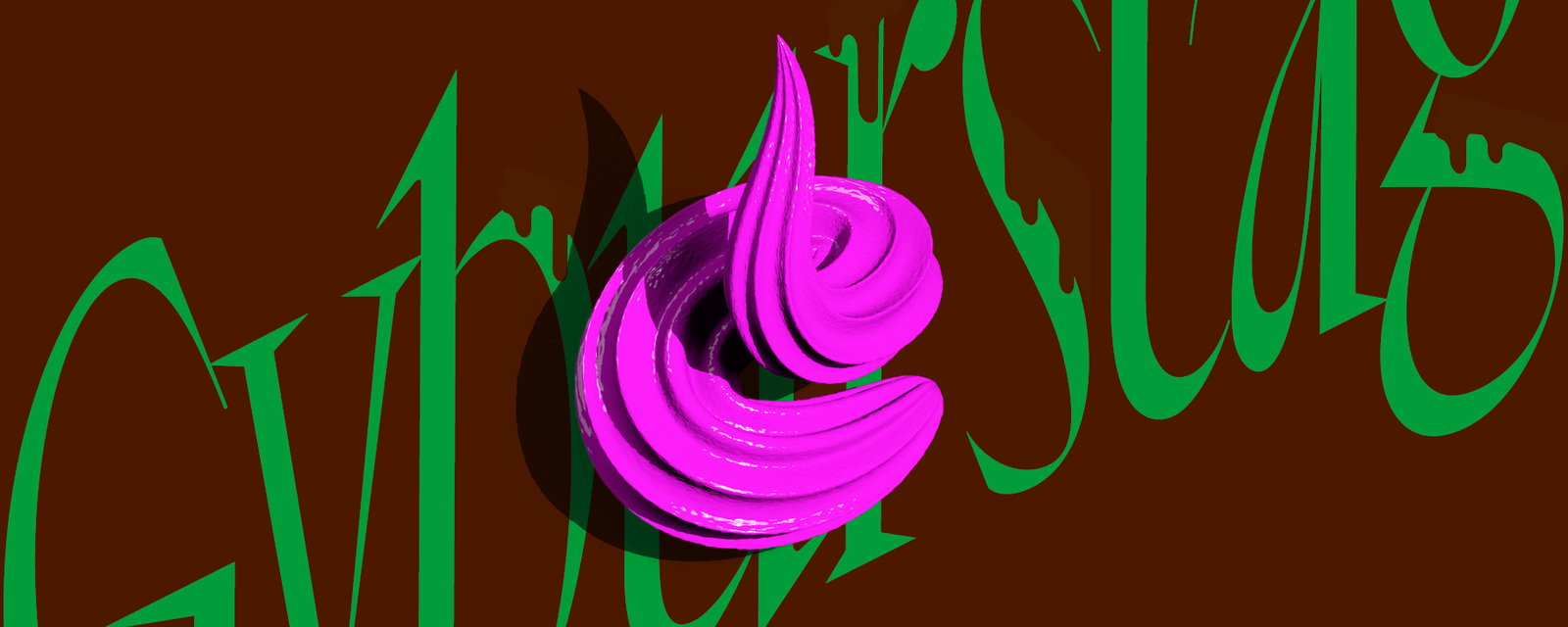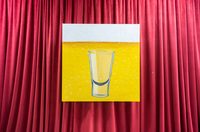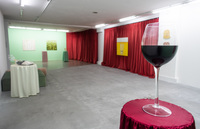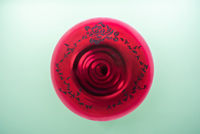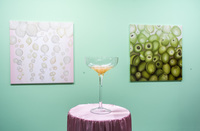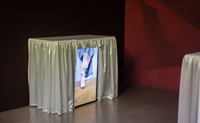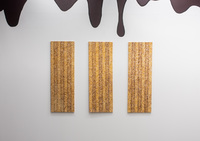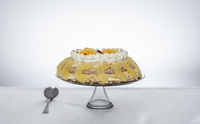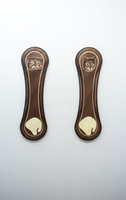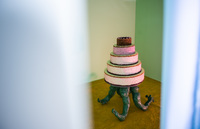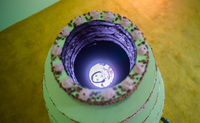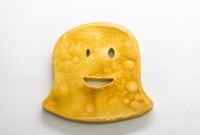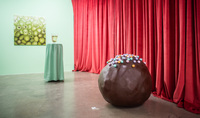Gyburstag - while in most regions of Poland the name day is the preferred celebration, people in Silesia celebrate the birthday or gyburstag.
Anniversary - a day falling exactly one, two, three or more years after a fact or event. Depending on the significance of the event, an anniversary can evoke comparisons or reminiscences, and if the event was joyous or otherwise significant there may even be a celebration. Such celebrations are usually called holidays or, if they fall on an anniversary that is numerically significant, such commemorative events are called jubilees.
(Polish Wikipedia)
Anniversaries are a form of cyclical, regular celebration of the past, the origins of which can be found in Jewish and later – Latin tradition.
The Hebrew word yobel, the root of the word jubilee, signified the sound of a ram's horn (Leviticus 25:9-10), calling the Israelites to take part in a community holiday. In Latin, the verb iubilo meant "to enjoy” “to rejoice” or “to celebrate a particular event.” (B. Popławski, 2010)
Birthday - the custom of celebrating (sometimes lavishly) the anniversary of the day someone was born on. It usually involves making wishes and giving presents to the celebrating person.
In ancient Greece, this day was celebrated in honour of a demon who was present at a person's birth and watched over them throughout their lives. On this day, a person was closer to the world of the spirits, who were supposed to decide whether the birthday wishes come out for good or bad.
Birthdays were originally disproved by Christianity, which instead preferred to celebrate name days. Birthday celebrations were not accepted because of their association with the pagan belief system as well as because of being perceived as festivals of self-love, a symptom of sinful pride and vanity. On the other hand, it is indeed a Catholic custom to celebrate a name day, that is, to remember your patron saint, whose name you received at baptism.
The most extreme position - a definite condemnation for birthday celebrations is taken by Jehovah Witnesses, who argue that the Bible does not approve of celebrating birthdays. Honouring the human body is not looked at favourably by Jehovah and leads to death. (D. Kulczycka, 2015)
Gyburstag - while in most regions of Poland the name day is the preferred celebration, people in Silesia celebrate the birthday or gyburstag.
30 years ago, by the resolution of the City Council of Bytom on the creation of an independent budgetary institution, the Kronika Gallery and Art Center at Rynek 26 in Bytom officially started its activities.
The Kronika’s gyburstag is organised by Karolina Konopka. She has planned a solemn celebration, in a beautifully decorated room, with special outfits and a lavishly set table. For this occasion, she will prepare a beautifully decorated cake - torta, sweet and savoury snacks, there will also be a unique Silesian dessert: the Ornontowice kopa (a hemisphere covered with whipped cream with a symmetrically arranged decoration of pineapple, topped with dark chocolate flakes, in the cross-section you can see clear alternately arranged layers of coconut cakes and cream with raisins).
The toasts in honour of the gallery will be made with wine, champagne or vodka.
Celebrating a birthday is a kind of social obligation that, like it or not, we must fulfil. It is beset with numerous micro-problems: how many kisses on the cheek are you supposed to give after wishing one a happy birthday, will you sing Happy Birthday to yourself or just stand, listen and smile? (...) What face expression from the three available variants – cheerful, moved or proud – are you going to choose? Will you sit or stand, shift your gaze from one singer to another or just stare at the cake? Will there be any discrepancies in the versions of the birthday song or will the signers be completely oblivious to the text? Can you blow out all the candles without spitting on the cake? There are also some large-scale existential problems: how do you deal with counting down the remaining years of your earthly journey to the tune of the birthday song? (K. Konopka)
It is said that the celebrating person does not have to prosić (invite) people to gyburstag, as everyone close to them should know the date of their birthday and want to visit them in order to powinszować (wish) them on this important day and offer a small gyszynk (gift). There is no need to announce one’s byzuch (visit). The more guests, the greater the satisfaction of the visited person, as the number of people is related to the respect and affection they receive.
The gyburstag will last till 25.03.
Karolina Konopka - born in 1995 in Świętochłowice. She has graduated from the Faculty of Painting at the Academy of Fine Arts in Katowice. In 2019, she received the scholarship of the Minister of Culture. The artistic fields she is active in include video, painting, sculpture and installation. She is interested in the art of confectionery and delicatessen, the issue of mass culture, consumerism, discarded food as well as the food on the plate, rites, traditions and rituals rooted in Polish culture. She searches the Internet, second-hand clothes shops or dumpsters and catalogues the things she finds there.
Selected exhibitions:
Tortologia, BWA Katowice, Katowice, 2020, Niższy biszkopt, Dobro Gallery, Olsztyn, 2020, ...daj nam dzisiaj, Arsenał Gallery, Białystok, 2021, AKCES – REAKCJE | Exhibition of the 7th Media Art Best Diploma Competition, Wrocław 2021, Best ASP Diplomas of 2020, Gdańsk, 2021, Strabag Artaward International, Strabag Kunstforum, 2021, Triennale Młodych, Orońsko, 2020, Gdzie są konfitury?, BWA Zielona Góra, 2020, Proste gesty, BWA Katowice, Katowice, 2020, Sex, suicide, socialism, spirit and stereotypes, CSW Kronika, Bytom, 2019, Bielska Jesień, Galeria Bielska BWA, Bielsko-Biała, 2019, EQUINOX, Brick City Gallery, Springfield, USA, 2019, Słodkie mdłości, Galeria Szara, Katowice, 2019, ZÜPÅ, Rotor2 Gallery, Göteborg, Sweden, 2019
- Exhibition
- 19 February ‒ 25 March 2022
- artist: Karolina Konopka
- curator: Agata Cukierska
- open day: 19.02. time: 15:00-20:00
- identification: Marcin Wysocki
- photo documentation: Julia Pałkowska
